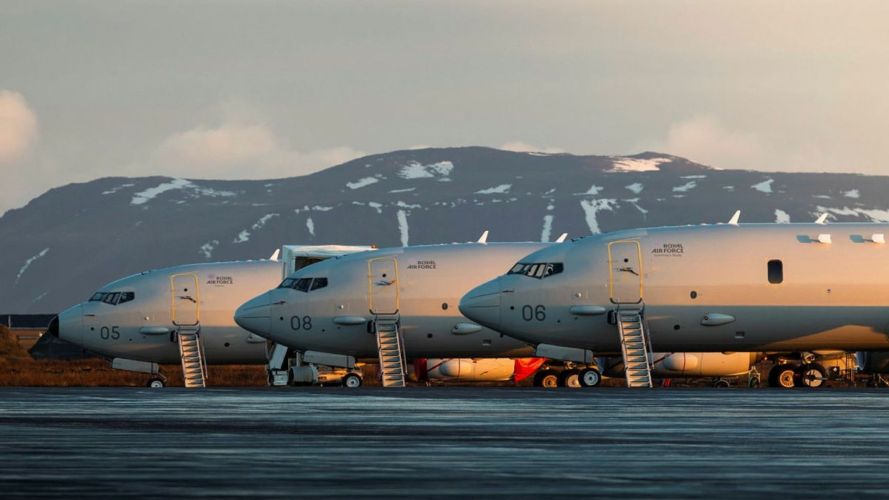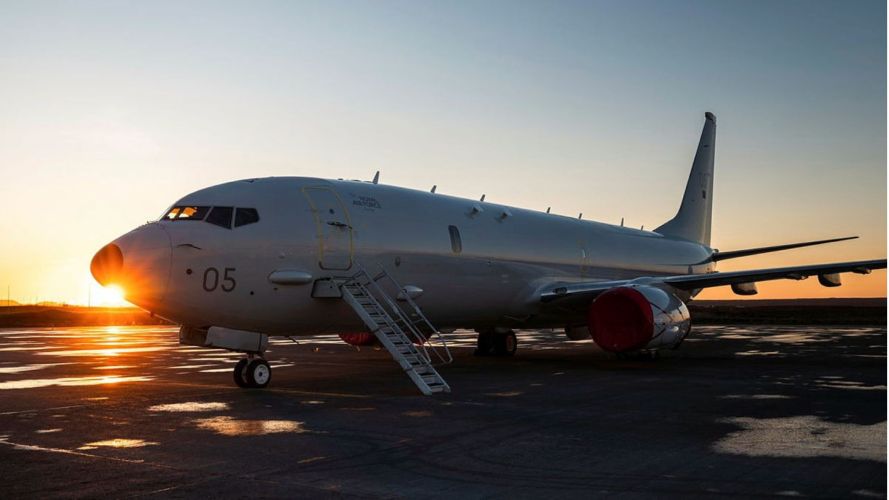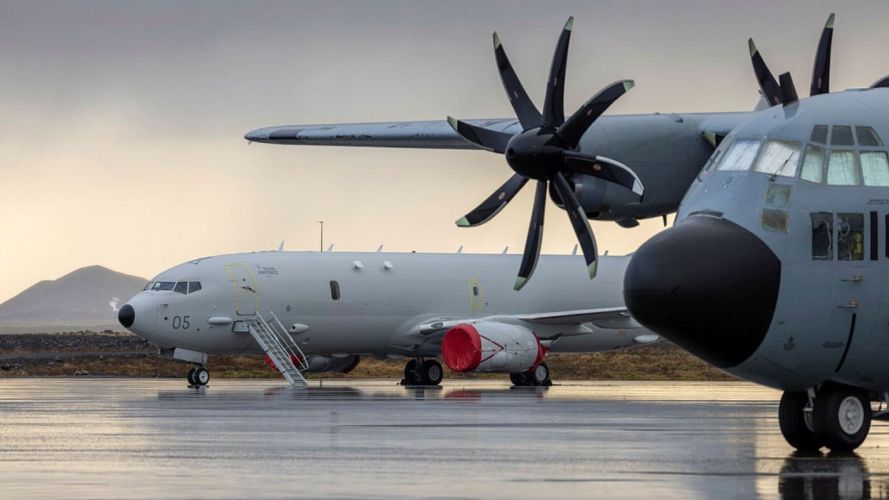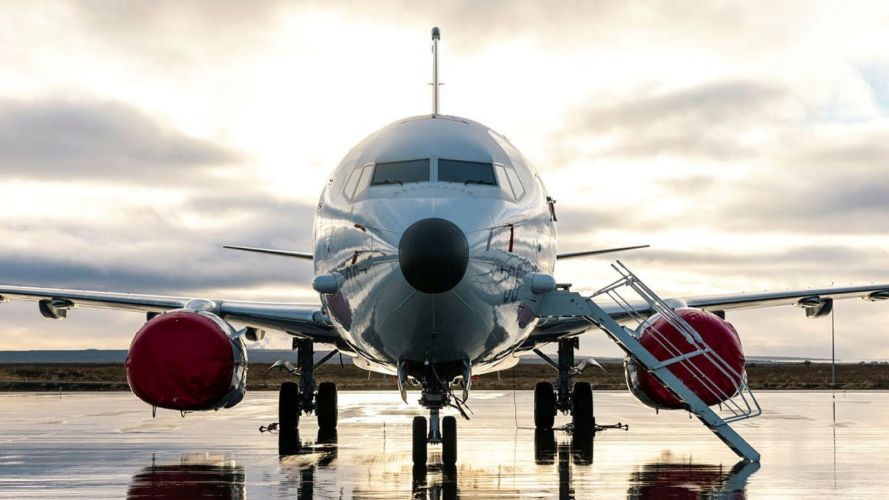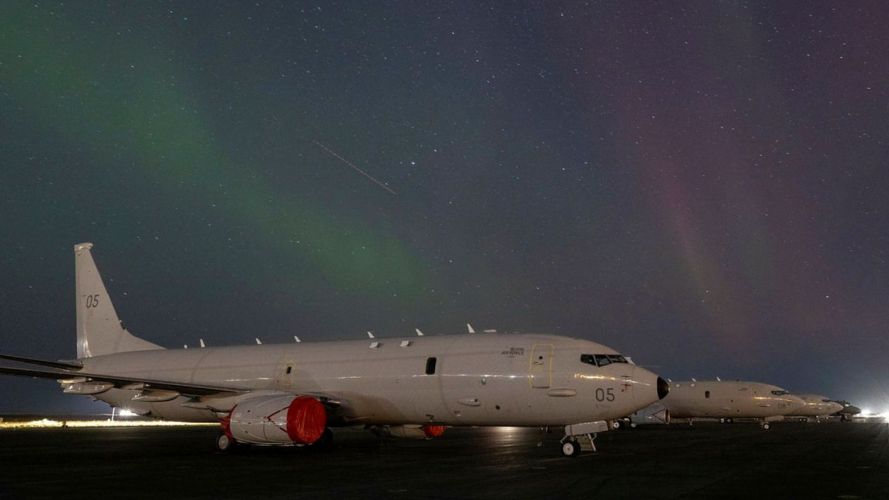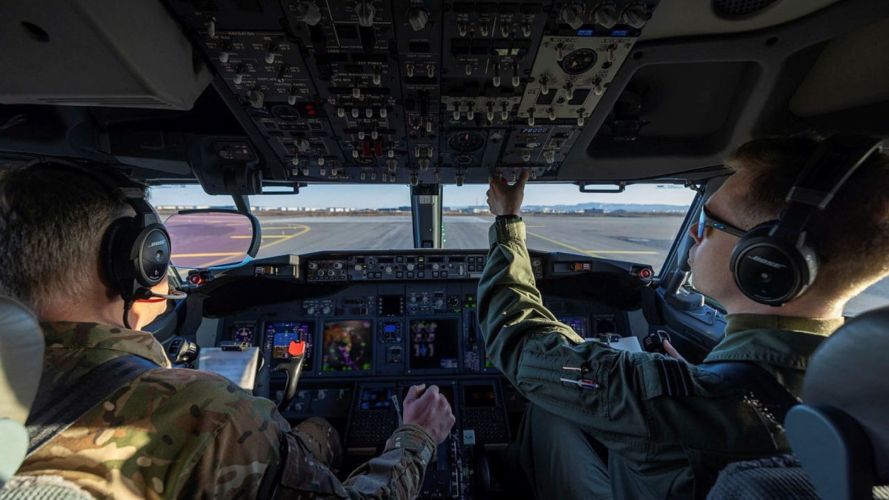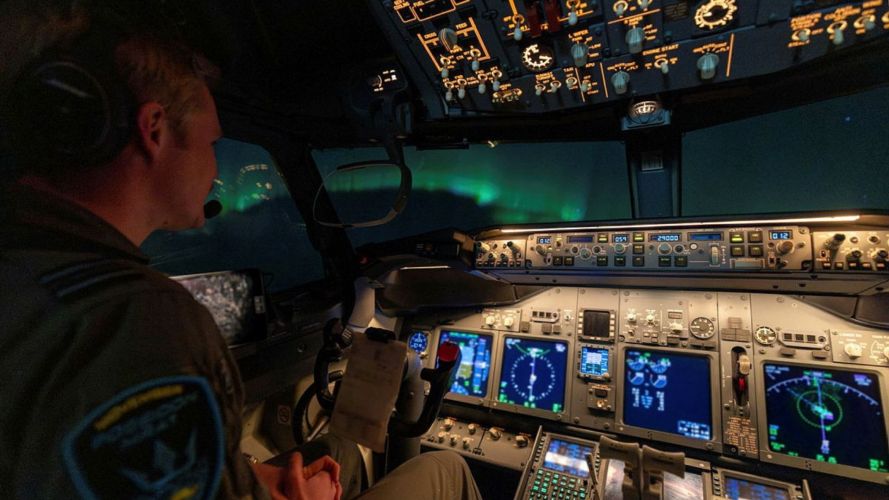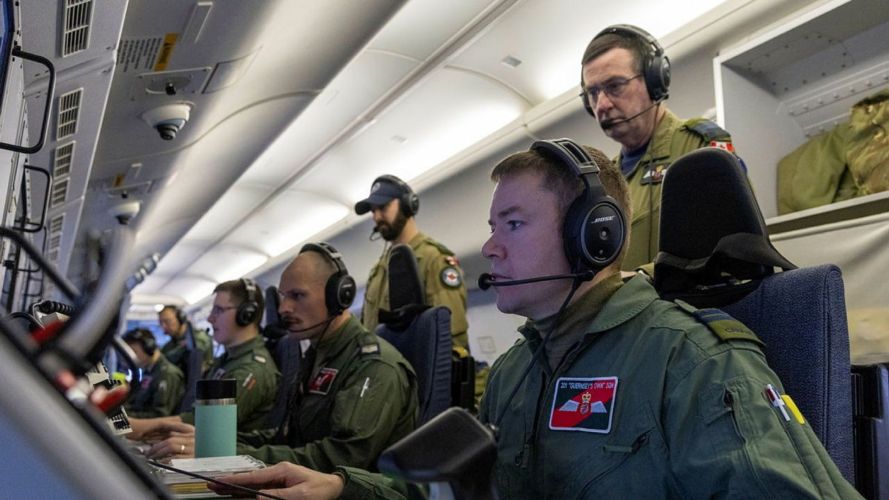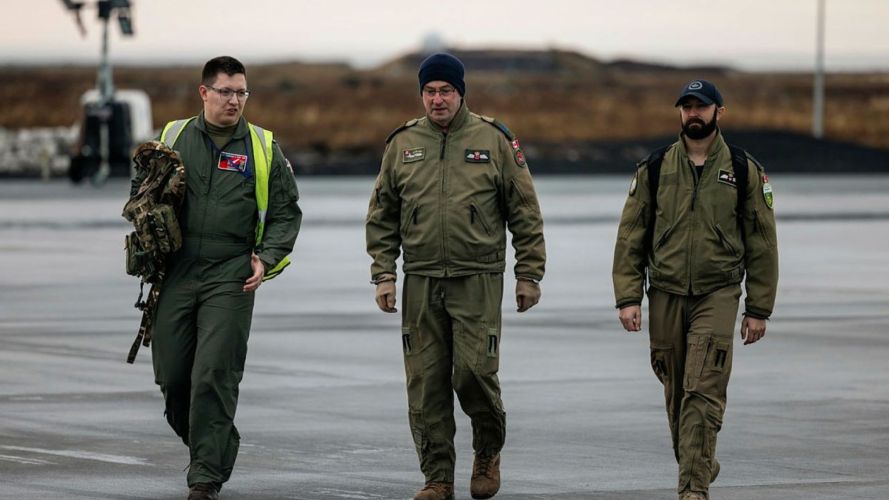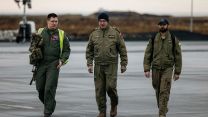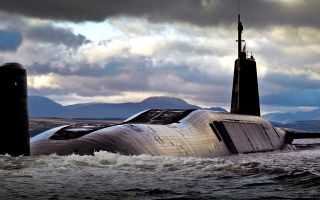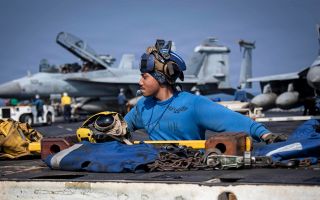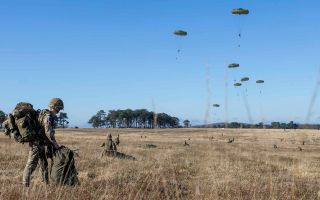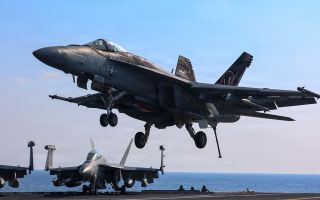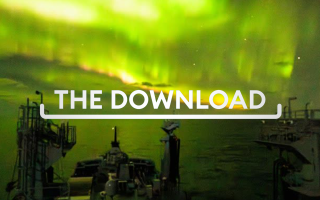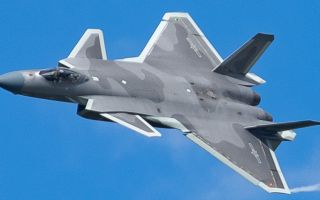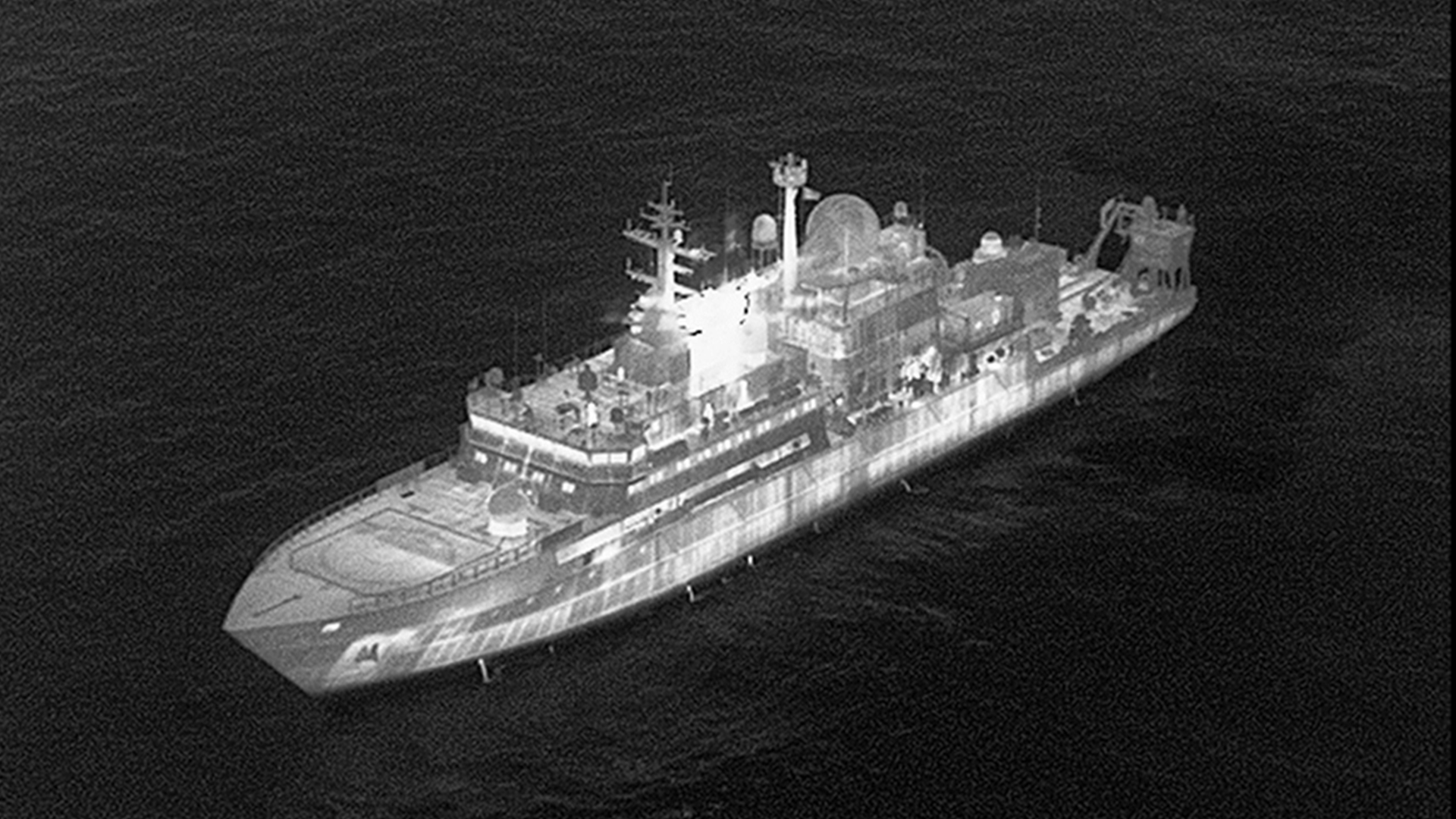
In our sights: UK boosts its protection as Russian maritime threats rise 30% in two years

The UK is stepping up its response to a rise in Russian military activity around key maritime routes and undersea infrastructure – the same cables and pipelines that keep Britain connected.
In the past two weeks, Royal Navy patrol ship HMS Severn intercepted Russian corvette RFN Stoikiy and tanker Yelnya as they moved through the Dover Strait and into the English Channel, part of what the MOD calls a "round-the-clock shadowing operation".
Severn later handed over to a Nato ally off Brittany, but remained ready to respond if anything escalated.
Commander Grant Dalgleish, HMS Severn's Commanding Officer, said: "This tasking shows the value of our patrol ships and reinforces the Royal Navy's close liaison with our Nato allies in safeguarding the British people and protecting the internationally recognised waterways.
"I'm immensely proud of the way the ship's company reacted to this activation, especially coming so quickly after a demanding period of regeneration and operational training."
According to the MOD, the incidents of Russian vessels threatening UK waters have increased by 30% in the last two years.
This week, Defence Secretary John Healey confirmed the Russian spy ship Yantar – known for mapping undersea cables – was operating just beyond UK territorial waters off Scotland.
He issued a direct message to the Kremlin: "We see you. We know what you are doing. And we are ready."
Now there is fresh detail from the Ministry of Defence, which says as Royal Navy frigate HMS Somerset shadowed the vessel, its crew and nearby civilian ships reported GPS jamming.
RAF P-8 surveillance pilots tracking Yantar were also hit by laser glare, which the MOD described as a reckless and dangerous act, although Somerset's combat capabilities weren't affected.
In response, the UK has deployed three RAF P-8 Poseidon aircraft to Iceland – the largest overseas deployment of the fleet to date – to patrol the North Atlantic and Arctic alongside US and Canadian partners.
Wing Commander Higgins, Officer Commanding 120 Squadron, said: "This deployment to Iceland highlights the enduring importance of the North Atlantic and Arctic to the security of the alliance.
"Operating the P-8A Poseidon, we continue that legacy by contributing to Nato's collective defence and ensuring the security of this strategically critical region."
These operations follow a series of recent interactions with Russian naval units:
- HMS Duncan tracking destroyer Vice Admiral Kulakov
- HMS Iron Duke monitoring Kilo-class submarine Novorossiysk
- A 12-hour surveillance mission by RAF Rivet Joint and P-8 aircraft along Russia's border and into the Black Sea
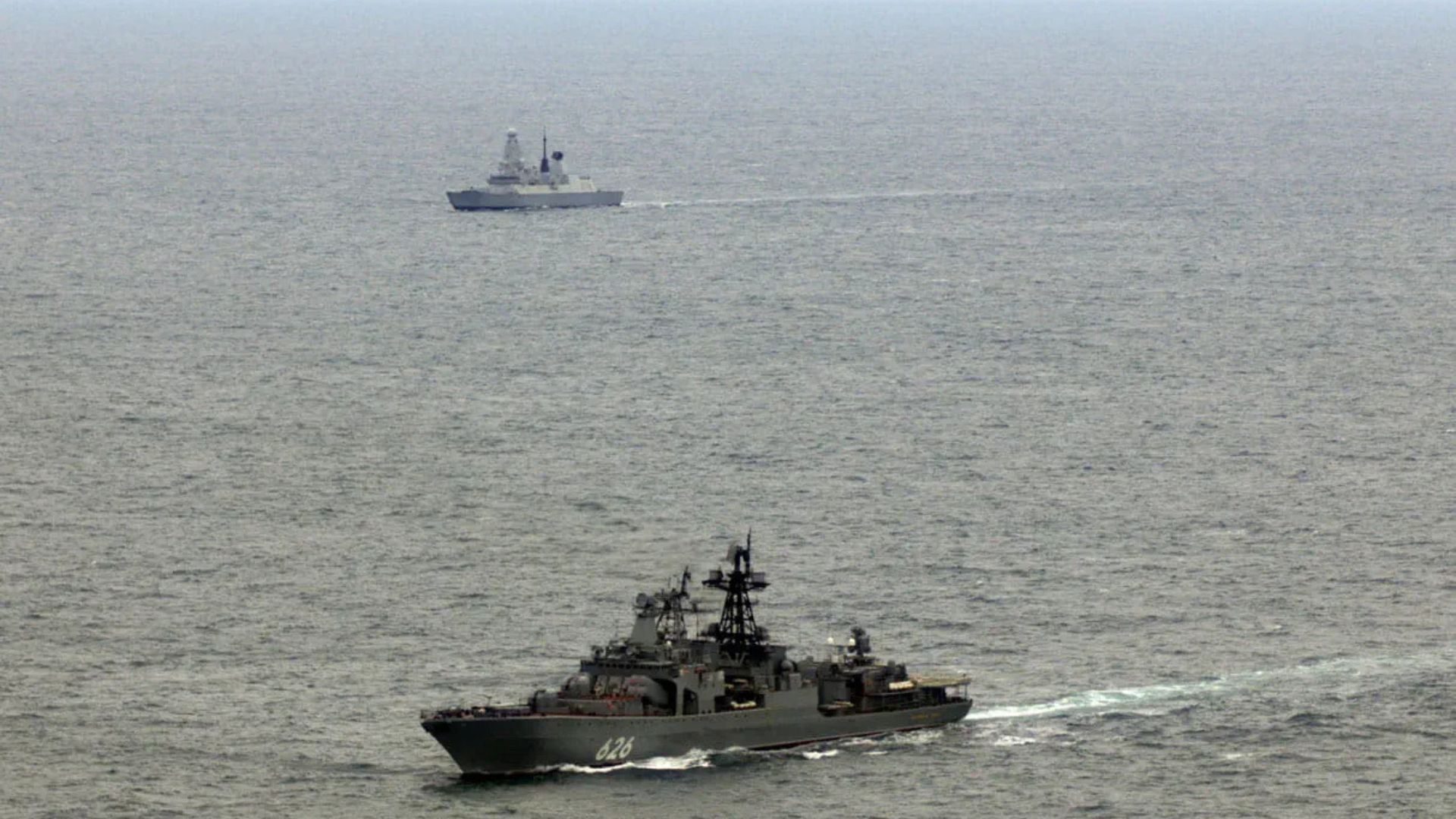
The increase in military activity comes alongside new UK sanctions on Media Land, a Russian cybercrime group linked to attacks on UK companies.
The MOD's strategy appears increasingly clear: maintain a strong physical presence at sea and call out Russian activity publicly – especially anything affecting the UK's undersea infrastructure, which carries the majority of Britain's banking, communications and data traffic.
